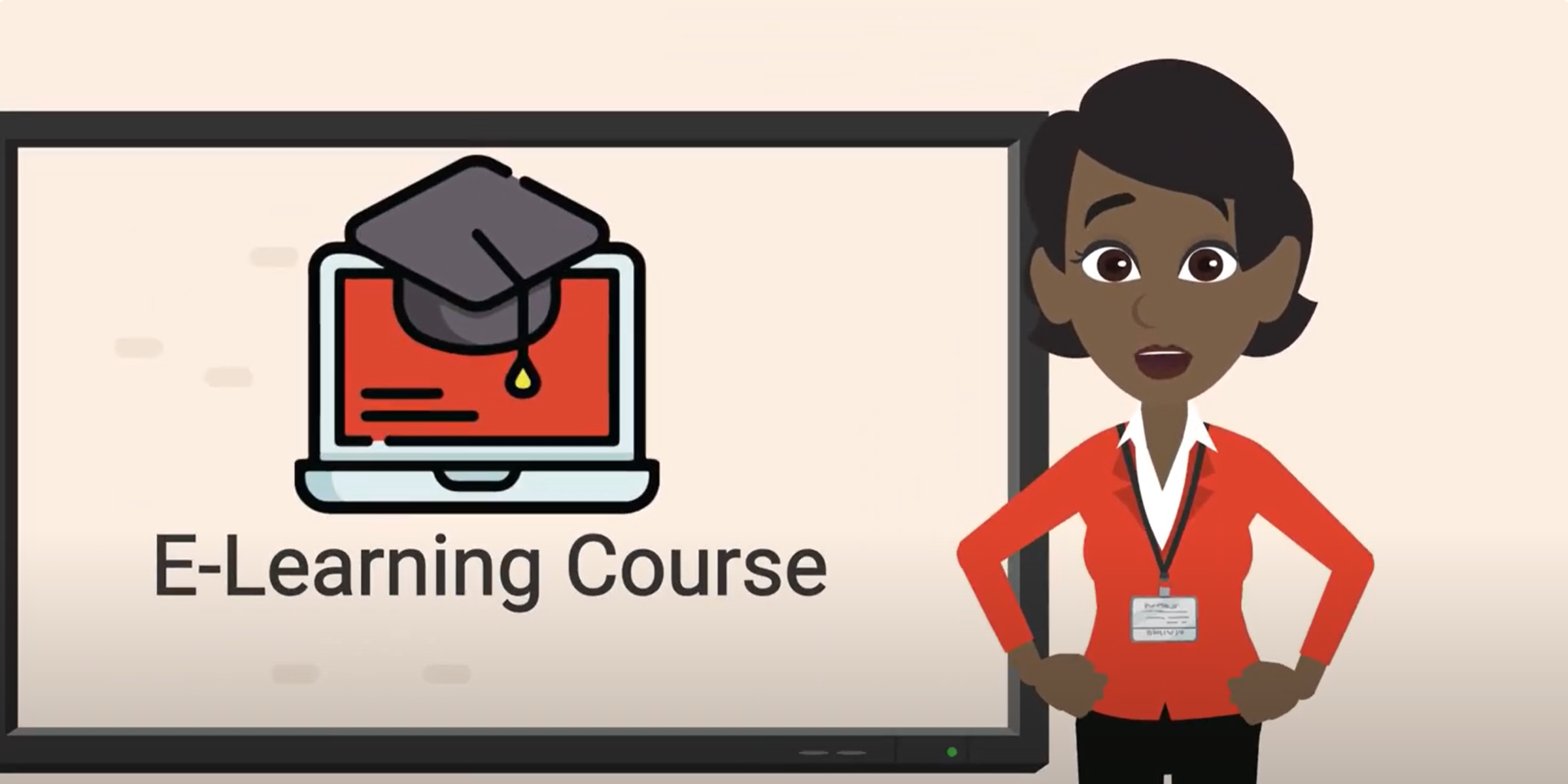
An Interview with Ulrike Bey, Programme Coordinator and Lead Developer of the Policy Dialogue e-Learning Course (Moodle). The course is part of the consortium project CSOs and Policy Dialogue.
Q: Ulrike, can you briefly tell us what this new Policy Dialogue e-Learning Course is about?
Ulrike Bey: With pleasure! This course is a self-paced online learning tool designed to support Civil Society Organizations — or CSOs — in starting or deepening their engagement in policy dialogue. It’s grounded in more than ten years of practical experience gathered in the consortium project in East Africa. Based on the policy dialogue manual, we worked together with upGrad to develop and digitalize this course.
Q: What motivated the development of this course?
Ulrike: We see growing interest from CSOs in engaging with political processes, as they recognize that such involvement is essential for the success of the change processes they initiate with their work — but many are unsure where to begin. Policy dialogue can seem complex or intimidating. So, we wanted to offer a flexible, supportive tool that encourages learning, experimentation, and reflection. It is designed to help users either initiate or strengthen their engagement in policy dialogue.
Q: Who exactly is this course for?
Ulrike: It’s made for individuals within CSOs — especially those based in East Africa — but it’s useful everywhere. It offers practical examples were CSOs hopefully can relate to. We also encourage teams to go through it together. Joint learning often leads to better discussions and more grounded application.
Q: What does the course cover?
Ulrike: The course is made up of eight modules, each building on the previous one. We start with a general understanding of policy dialogue, then move into the different steps of engagement preparation, give some background on governance, highlight necessary skills show how to integrate gender considerations in to policy dialogue, and how to monitor and measure success. Finally, we address common challenges with practical guidelines.
Q: Is it just theoretical content, or are there practical tools as well?
Ulrike: It is not an academic course but very practical! Each module includes tools, case studies from Uganda, Kenya, Rwanda and Tanzania, reflection questions, exercises, and quizzes.
Q: What kind of certificate do participants receive at the end?
Ulrike: After completing all modules, participants will get a (verified) certificate of completion. It’s a recognition of the effort — and we hope it also opens new doors for the learners.
Q: What makes this course special in your opinion?
Ulrike: It’s grounded in real life experience of partner CSOs in East Africa, many of them only started with policy dialogue through this project. It’s not prescriptive. We want CSOs to see policy dialogue as something creative and adaptable. We provide structure — but also the freedom to explore what works in each unique context.
Q: Final question — why should someone start this course today?
Ulrike: Because engaging in policy dialogue isn’t just for the big players. Every voice matters on all levels. And this course helps you build the confidence, tools, and mindset to step into that space — thoughtfully and effectively.
💬 Interested in the course?
👉 Start learning & register now. Join a growing network of CSOs shaping policy through dialogue.